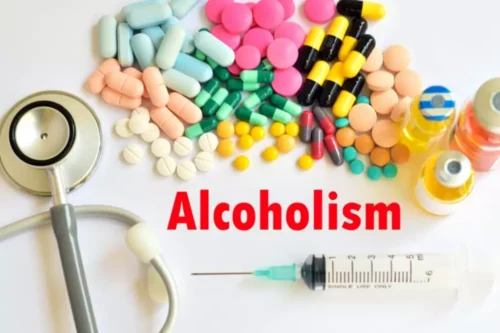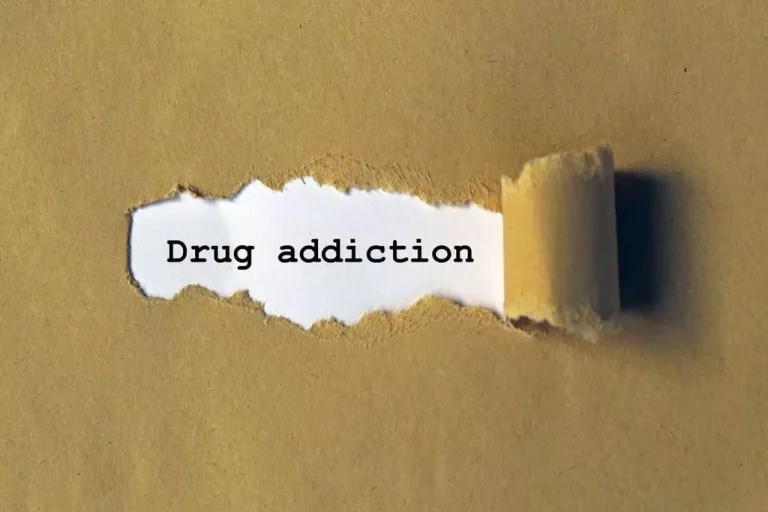Short Takes with NIAAA: What is Alcohol Overdose? National Institute on Alcohol Abuse and Alcoholism NIAAA

So, while it might only take four drinks for you to be legally intoxicated, it’d take quite a bit more to kill you. In some people, the initial reaction may feel like an increase in energy. But as you continue to drink, you become drowsy and have less control over your actions. In some countries, there are special facilities, sometimes known as “drunk tanks”, for the temporary detention of persons found to be drunk.
Increases Among Males and Females
If your pattern of drinking results in repeated significant distress and problems functioning in your daily life, you likely have alcohol use disorder. However, even a mild disorder can escalate and lead to serious problems, so https://ecosoberhouse.com/ early treatment is important. If you think someone has alcohol poisoning, never hesitate to seek emergency medical care. It’s important to remember that a person with alcohol poisoning may not have all the signs and symptoms.
What are the symptoms of an alcohol overdose?

Even if you’re unconscious, your stomach and intestines continue to release alcohol into your bloodstream, increasing the level of alcohol in your body. Alcohol poisoning happens when there’s too much alcohol in your blood, causing parts of your brain to shut down. You don’t need to have all of the symptoms listed above to have an alcohol overdose. If someone’s breathing has slowed to less than eight breaths per minute — or if they can’t be woken up — call 911. Young adults are more likely to drink excessively, leading to an alcohol overdose. If you drink more than this and your body isn’t able to break it down fast enough, it accumulates in your body.

Facts About U.S. Deaths from Excessive Alcohol Use
Alcoholic drinks contain a form of alcohol known as ethyl alcohol or ethanol. This is also found in mouthwashes, some alcohol overdose medicines, and household products. Poisoning happens when you drink too much ethyl alcohol in a short space of time.
- In addition to respiratory failure and accidents caused by its effects on the central nervous system, alcohol causes significant metabolic derangements.
- If your pattern of drinking results in repeated significant distress and problems functioning in your daily life, you likely have alcohol use disorder.
- Many people consume alcohol because it has a relaxing effect, and drinking can be a healthy social experience.
- Our treatment programs are tailored to your unique needs and adjusted throughout the length of treatment.
It can lead to complications such as choking, brain damage, and even death. Prompt medical treatment can help prevent these complications from occurring. Someone who is “just drunk” will be slurring their words, stumbling around, and acting drowsy. Someone with alcohol poisoning will be breathing slowly or irregularly, have cold skin, be vomiting a lot, and perhaps have a seizure or lose consciousness. A drunk person can recover with rest, fluids, and eating a balanced meal, while a person with alcohol poisoning needs to go to the hospital and get an IV or maybe their stomach pumped.
As your BAC increases, so does your risk for alcohol poisoning. Alcohol poisoning happens when there’s too much alcohol in your blood, and parts of your brain shut down. It’s caused usually by binge drinking and can lead to death or brain damage. If you see signs of alcohol poisoning, such as throwing up, seizures, slow breathing, or severe confusion, don’t hesitate to call 911. If you’re with someone who might have drunk too much, call 911 right away.
- If you think someone has alcohol poisoning, never hesitate to seek emergency medical care.
- Too much alcohol affects your speech, muscle coordination and vital centers of your brain.
- It affects multiple organ systems in both the acute and chronic phases.
What Are the Signs of Life-Threatening Alcohol Poisoning?
It affects multiple organ systems in both the acute and chronic phases. This activity outlines the evaluation and management of ethanol toxicity and reviews the interprofessional team’s role in managing patients with this condition. Alcohol depresses nerves that control involuntary actions such as the gag reflex, which prevents choking. Since alcohol irritates the stomach, people who drink an excessive amount often vomit.
Public Health
Alcohol overdose can lead to permanent brain damage or death. Increases in deaths from excessive alcohol use during the study period occurred among all age groups. A recent study found that one in eight total deaths among U.S. adults aged 20–64 years during 2015–2019 resulted from excessive alcohol use (9). Because of the increases in these deaths during 2020–2021, including among adults in the same age group, excessive alcohol use could account for an even higher proportion of total deaths during that 2-year period.

Alcohol Poisoning and Overdose: Signs and Symptoms of Alcohol Overdose
Other kinds of alcohol that you might have around the house, such as isopropyl alcohol (rubbing alcohol) and methanol (wood alcohol), are toxic in a different way. Your liver usually does a good job of keeping alcohol’s toxins from getting into your bloodstream. But if you drink a lot in a short time, your liver may not be able to keep up. If you suspect an alcohol overdose and the person is unconscious, do not leave them alone. Call 911 if someone you know is experiencing an alcohol overdose.